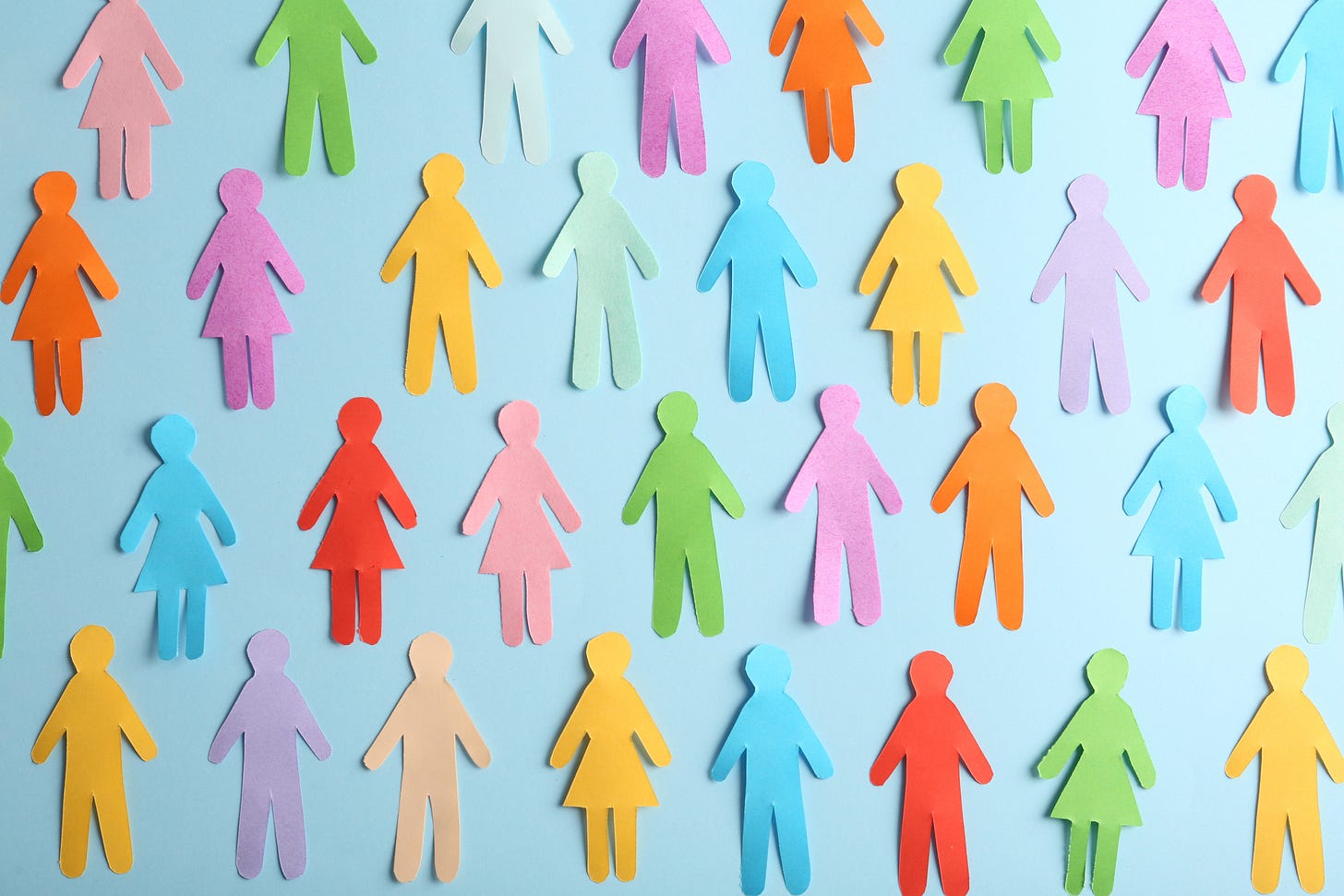Comparing the psychological outcomes of donor and non-donor conceived people: A systematic review
DCP seem to have similar or better psychological outcomes than peers and benefit from early disclosure, but varying study quality and measurement methods limit conclusive assessment.
Talbot, C., Hodson, N., Rose, J., & Bewley, S. (2024). Comparing the psychological outcomes of donor and non-donor conceived people: A systematic review. BJOG: An International Journal of Obstetrics and Gynaecology, 00, 1-13. https://doi.org/10.1111/1471-0528.178921-0528.17892
Geographic Region: Global
Research Question: How do the psychological outcomes of donor-conceived people throughout their life course compare with non-donor-conceived people.
Research Methods: Systematic review of both quantitative and qualitative studies (e.g., cross-sectional, case-control, and longitudinal cohort studies).
Sample: 50 studies published between 1993-2023 representing 4,666 donor-conceived participants and 3,790 non-donor-conceived participants for comparison.
Most of the research (52%, or 26 studies) focused on children under 12 years old, with fewer studies examining adolescents (18%, 9 studies) and adults (28%, 14 studies).
19 studies (38%) included a comparison group of non-donor-conceived participants.
The review included studies from multiple countries, with the majority conducted in the UK (18 studies), USA (12 studies), Australia (6 studies), Holland (4 studies), France (1 study), and Sweden (1 study).
Analysis Methods: Narrative synthesis following Popay et al. guidance. Double screening, selection, data extraction, and quality assessment performed. Used Joanna Briggs Institute (JBI) scoring for quality assessment.
Key Findings:
Comparison of outcomes for DC and non-DC people
13 studies found no significant differences between donor-conceived and non-donor-conceived people for children's behavior and emotions, mental health and social adjustment, quality of parenting they received, temperament as babies, and overall well-being and quality of life.
10 studies showing better outcomes for donor-conceived individuals. These positive outcomes for factors like well-being, self-esteem, relationship warmth with parents, and social skills.
6 studies showed worse outcomes for donor-conceived individuals, finding higher rates of mental health issues and identity formation difficulties.
Comparisons of outcomes for different groups of DCP
There were few studies that examined differences in outcomes for DCP by donor type (3 studies) and family type (4 studies). There were no clear trends.
Comparison of outcomes by disclosure factors
3 of 4 studies that examined disclosure status (i.e., parents had disclosed to child vs not) found no differences in objective psychological tests.
3 studies examined the age of disclosure (i.e., before the ages of 7, before the age of 12, in adulthood). Earlier disclosure was associated with improved psychological well-being and less negative emotions.
Limitations: In general, systematic review limitations include varying quality across included studies and challenges in comparing studies with different methodologies and sample sizes. The studies included in the review used 66 different measures of psychological outcomes, making it challenging to directly compare results. Most studies came from high-income anglophone countries and had small sample sizes.
Applications:
Clinicians should counsel families about the psychological experiences of DC people and advise early disclosure.
Policymakers should consider how to make it easier for DC people to access information about genetic connections and what support should be developed to help navigate the processes.
Future research should consider using more uniform measures of psychological and mental health outcomes.
Funding Source: No specific funding was received for this systematic review. The authors were funded by National Institute for Health and Care Research (UK) clinical academic training grants.
Lead Author: Charlotte Talbot is an Academic Foundation Doctor affiliated with the University of Birmingham (UK).



